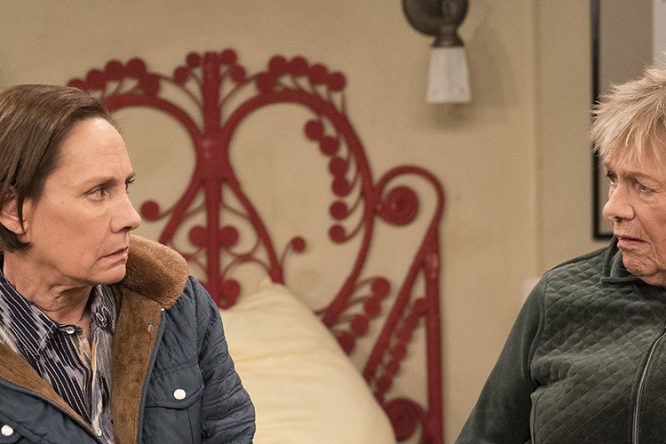Over the last week, we’ve heard reported the deaths of several celebrities who chose to take their own lives. One of the highest profile of these was Anthony Bourdain, famed chef and world traveler. He was 61 years old, squarely placing him in the Baby Boomer demographic. From early reports we’ve received, few people knew of Bourdain’s struggles with mental health. This highlights an issue in the world of aging services, and it is one we often do not like to talk about — the mental health of our Boomers and seniors.
An April 2016 issue of The Week magazine sums it up concisely, with a headline blaring “U.S. suicides have reached 30-year high, led by Baby Boomers.” The article notes that Americans age 45 to 64 have shown a massive increase in suicides, with women’s rates jumping 63 percent, while men climbed 43 percent. The author further notes that the Boomer generation has always suffered from abnormally high suicide rates, so it should come as no surprise that this trend has continued as they age.
Scientists and researchers, noticing this alarming surge in self-harm, started to research the root causes affecting Boomers. In a 2015 article in the American Journal of Preventive Medicine, Dr. Katherine Hempstead and Dr. Julie Phillips released the results of their study on this phenomenon. Their review of the data showed that suicide in the Boomer population tended to occur for a combination of three reasons.
- External circumstances, such as the loss of a job, a personal financial crash or legal distress. They further discovered a correlation between the Great Recession of 2008 and Boomer suicide rates, which makes sense, as Boomers were unduly impacted by the 2008 financial crisis.
- Boomers are feeling a loss of power as their generation leaves the boardroom and the workforce, which has been such a defining factor in their lives. Aging out of the workforce also means lower income, which for many Boomers can lead to credit and financial difficulties.
- Last, and most pointedly to us, is the issue of retirement. As people age into their 50s and 60s, they suddenly realize that they haven’t saved properly for retirement. The stress of financial instability and the thought that some might never retire can certainly cause some extreme feelings of helplessness.
This begs the question: What can we, as aging services providers, do to help keep our residents mentally healthy? The best place to start is to simply talk openly and honestly about the issue. Remember — Boomers come from a generation in which mental health issues were stigmatized. The first step in bringing about awareness is to engage your residents on the topic. Ask them how they are doing, and listen to their responses with empathy. When they do share a concern, respond with reassurance and hope. If there is an available resource for support, put them in contact with that help. Finally, after your initial conversation, stay engaged. By building a long-standing relationship with a resident, you’re more likely to notice changes in his or her mental condition.
Coming to grips with Boomer suicide can be difficult. For younger people, Boomers often appear to be on top of the world. They have money, great careers, families and can soon retire from the workforce to pursue their passions. However, just under the surface, are issues that people don’t realize — a failure to adequately save funds, the death of loved ones, declining health and more. We, as a society, must face down our stigma of mental health among aging populations and provide them with the support they need.
Anthony Bourdain said, “I have the best job in the world. If I’m unhappy, it’s a failure of imagination.” Did his imagination fail him, or did we, as a society?
Sources:
http://theweek.com/speedreads/620136/suicides-have-reached-30year-high-led-by-baby-boomers
https://www.ajpmonline.org/article/S0749-3797(14)00662-X/pdf?code=amepre-site



